
Research Community Forum
Maintaining Public Trust in the Face of Emerging Trends in Research
The Augusta University Human Research Protection Program (HRPP) in partnership with Georgia State University, Georgia Southern University, the University of Georgia, Emory University, and the U.S. Department of Health and Human Services' Office for Human Research Protections (OHRP) will co-host a community forum February 19-20, 2025 at the Crowne Plaza in North Augusta, South Carolina.
OHRP sponsors Research Community Forums (RCF) each year, at various research institutions across the U.S. to promote the protection of human subjects in research. At this 2-day conference, attendees can expect to hear from a wide range of well-versed speakers on topics including different types of conflicts in research, community engagement and maintaining public trust, and flexibility and innovation to respond to the evolving field of research. The forum includes a keynote presentation, several plenary and breakout sessions, and an interactive workshop focusing on the interpretation and application of HHS regulations and policies on human research protections.
Access Speaker Presentations
To access speaker presentation slides:
- Create a Google Drive account https://drive.google.com/drive
- Access the 2025 Research Community Forum Presentations Folder via the following link:
https://drive.google.com/drive/folders/1Hm_zVi2fWnH-kXr63_iDILLI8czkpJY9?usp=sharing
- Select the date and desired presentation title
- View slides
Target Audience
- Investigators conducting biomedical or socio-behavioral human subjects research
- Research coordinators
- Key personnel involved with a human research protections program (HRPP) including institutional review board (IRB) chairs and reviewers, IRB administrators, and institutional officials.
Participants are expected to have a working knowledge of the HHS regulations on human research protections.
Learning Objectives
- Understand and apply the ethical principles of research and the HHS policies for human research protections when conducting research
- Recognize the expectations and requirements for the IRB review process and understand how to fulfill the responsibility of protecting the rights and welfare of research subjects
- Explore the operational and implementation challenges in supporting an adequate institutional framework for protecting research participants
- Discuss strong programs of community consultation, collaboration, and education
- Become familiar with different types of conflicts of interest that arise in the conduct of contemporary research and learn how to address and mitigate these conflicts
- Explore current AI-capabilities in human subject research and discuss flexibility and innovation in the evolving field of research
Educational Credits
Many of the presentations at this event meet the criteria in the Certified IRB Professional (CIP) recertification guidelines: https://www.primr.org/cip/cip-recertification/
A maximum of 230 mins of content are eligible for continuing education units for Day 1 and 390 mins of content for Day 2.
Jump to: Registration Location Agenda Day 1 Agenda Day 2Exhibitors
Registration
Event registration is now closed. At the event, all registrants should stop by the Registration Table on both days to sign in and receive applicable passes (i.e., parking passes). The event registration table is located in the Pre-Function Hall, directly outside of the conference room. Upon entering the Crowne Plaza North Augusta (main entrance), you should proceed straight, pass the hotel reception desk, and continue straight until you reach the Pre-Function Hall. The first table in the Pre-Function Hall is the registration table and will be labeled "2025 RCF REGISTRATION".
Location
We are thrilled to collaborate with the Crowne Plaza North Augusta to host our Research Community Forum on February 19-20, 2025.
Overlooking the Savannah River and the award-winning SRP Stadium (home of the Augusta Green Jackets), Crowne Plaza North Augusta is a modern Augusta hotel whose ties to the heritage, history, and natural surroundings are evident throughout the thoughtful and welcoming design.
Conference attendees wishing to reserve a hotel room at the Crowne Plaza North Augusta can purchase rooms at a discounted rate using the link below.
Location: Crowne Plaza North Augusta
Address: 1060 Center St, North Augusta, SC 29841
Refunds
RCF event registration has closed and updated registration information has been relayed to the event venue. For this reason, and as stated on the registration webpage, we regrettably are unable to offer refunds to this conference.

Agenda Day 1- February 19, 2025
Primary Goal: Day 1 provides an opportunity for the attendees to engage directly with representatives from AAHRPP, Advarra, Mayo Clinic, WCG Clinical, and Johnson & Johnson, to explore important aspects of human research protections. Attendees can plan to participate in an AAHRPP-led interactive session to learn how to apply the Common Rule through case scenarios; and explore via an Advarra-led group discussion the potential value of extra-regulatory policies and/or practices. Audience members will also have the opportunity to discuss how institutions can measure the effectiveness of the IRB Review of AI Human Subjects Research, review institutional best practices, and discuss innovative approaches to informed consent. Attendees with a working knowledge of the regulations will find these sessions particularly helpful.
9:00-10:00 am
Registration & Breakfast
“Independently sponsored by Augusta University”
10:00-10:05 am
Welcome & Introductions
user icon Tiffany Coleman, MPH, CIP
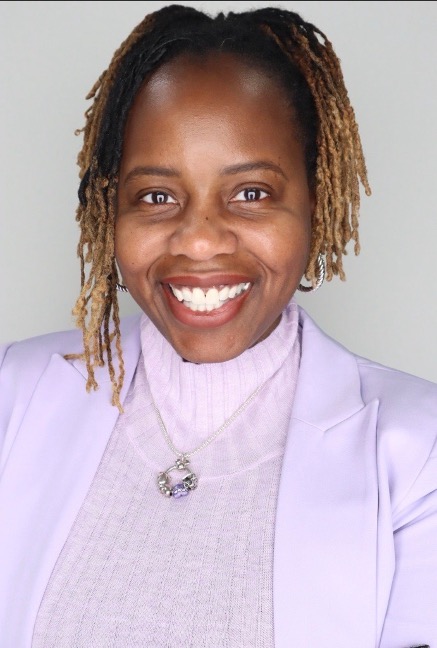
Tiffany Coleman, MPH, CIP
- Director, IRB Office- Augusta University
10:05-11:15 am
Let’s Review Some Research: AAHRPP Interactive Session
users icon Speakers: Nichelle Cobb, PhD; Robert Hood, PhD; Tiffany Coleman, MPH, CIP
This interactive session will explore the IRB decision-making process. The audience
will be invited to apply the criteria for
IRB approval within the Common Rule to a variety of scenarios and discuss the basis
for their decisions
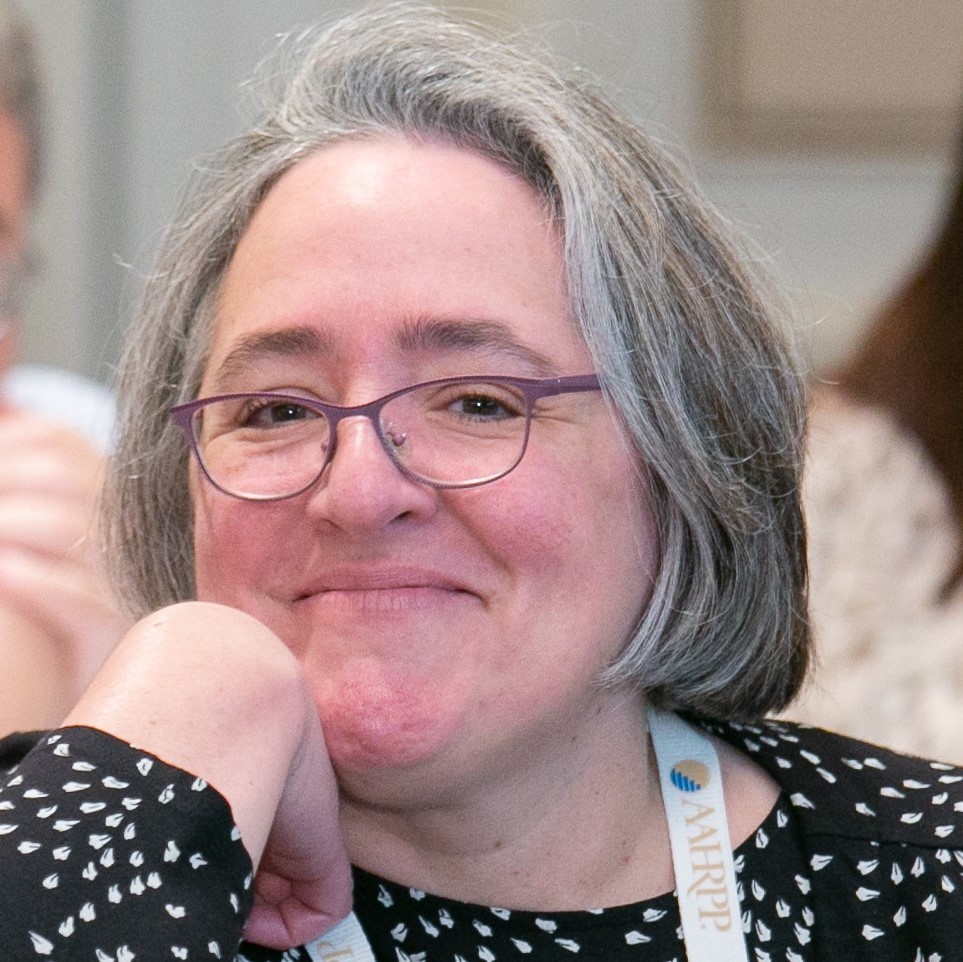
Nichelle Cobb, PhD
- Senior Advisor for Strategic Initiatives for the Association for the Accreditation of Human Research Protection Programs (AAHRPP)

Robert Hood, PhD
- Director of Accreditation and Global Outreach, AAHRPP

Tiffany Coleman, MPH, CIP
- Director, IRB Office- Augusta University
11:15-12:15 pm
Regulations as a Floor or a Ceiling: Group Interaction
user icon Speaker: Josh Fedewa, MS, CIP
Examining extra-regulatory policies and their value. This session would explore the
potential value extra-regulatory
policies and practices and the value vs. the burden that these present for the research
community and the institution. As an
example, many IRBs prior to 2007 guidance from OHRP required all adverse events to
be submitted for review; many have changed their practices to only unanticipated problems
(as per regulations) but many have also maintained reporting
requirements beyond what the regulations require. This session would explore, via
group discussion, the potential value of
these policies and/or practices and propose a valuing system by which an institution
may analyze existing policies for their impact.
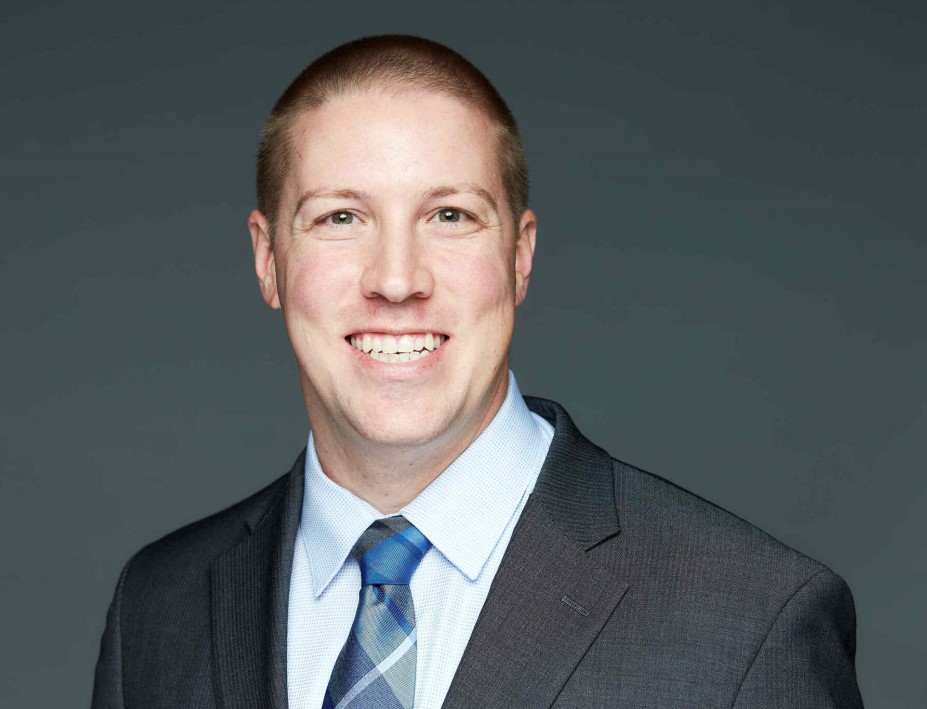
Joshua Fedewa, MS, CIP
- Director of Research Consulting at Advarra
Joshua Fedewa is an expert in human subject research and the current Director of Research Consulting at Advarra. He has over fifteen years of experience in regulations and guidelines governing human subjects research. As Director of IRBMED at the University of Michigan, Joshua held direct responsibility for over 20,000 submissions as well as 5,500 active studies. Joshua’s experience also includes oversight over all IRB operations at academic medical centers. He has expertise in human subjects regulations oversight and operations (IRB), as well as HIPAA Privacy regulations, and research compliance investigations. He has been instrumental in managing animal care and biosafety oversight at an academic medical center affiliate. Josh has extensive experience with a variety of electronic IRB submission and review systems and is also skilled in helping institutions obtain and maintain initial AAHRPP accreditation. Josh has served as an AAHRPP site visitor and has helped guide several institutions through initial accreditation as well as through multiple re-accreditation cycles. Josh has proven expertise in leading projects to improve research document translations which resulted in significant decrease in costs, turn-around times, and an increase in translated documents available for non-English speaking participants. Joshua holds a master’s in research administration from Rush University and is a Certified IRB Professional (CIP).
12:15-1:30 pm
Lunch
“Independently sponsored by Augusta University”
1:30-2:00 pm
How to Measure Effectiveness of IRB Review of AI Human Subjects Research
user icon Speaker: Tamiko Eto, MA
This session will discuss how we can measure the effectiveness of IRB Review of AI Human Subjects Research. What are our Key Performance Indicators? How do we know if what we do is actually helping research and protecting participants
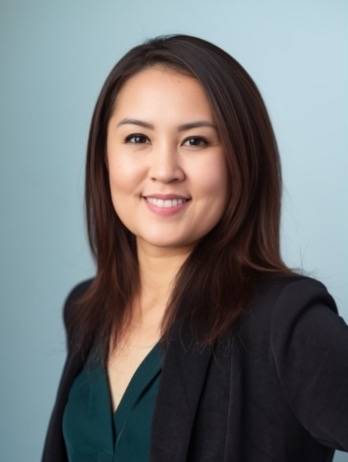
Tamiko Eto, MA
- Director of Research Operations, Mayo Clinic
Ms. Tamiko Eto currently serves as Director of Research Operations at the Mayo Clinic. She has over 18 years of experience in the field of human subjects research protections managing research compliance, technology risk assessment, data sharing agreements; conducting the review of complex industry and federally funded AI research, and policy interpretation and development. She leverages this experience to implement policies and guidance to AI-enabled health care research projects, and works closely with AI researchers and regulatory bodies in addressing ethical and regulatory challenges related to AI.
To facilitate researchers and IRB professionals across the US she has developed tools and checklists for IRBs to use in their review of AI research. Ms. Eto also serves on the AI Ethics Advisory Board for the Institute of Experiential AI (EAI) at Northeastern University, and is a Policy Advisor at the Center for AI and Digital Policy (CAIDP).
2:00- 3:00 pm
Informed Consent and Innovative Methods
users icon Speakers: Karla Childers, BA, MSJ, MSBE; Kelly Fitzgerald, PhD; Sylvia Baedorf Kassis, MPH
Audience members will be invited to share institutional best practices and innovative approaches to informed consent. Session will feature internal work on a behavioral assent and thinking about needs in Alzheimer's Disease research.
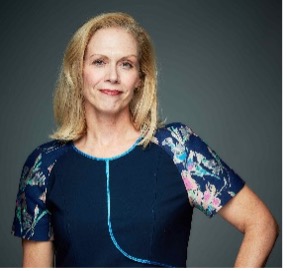
Karla G. Childers, BA, MSJ, MSBE
- Head, Bioethics-based Science & Technology Policy
- Office of the Chief Medical Officer
- Johnson & Johnson
Karla Childers joined Johnson & Johnson (J&J) in October 2013 in the Office of the Chief Medical Officer where her primary responsibility has been leading and coordinating various ethics-based, science and technology policy projects. Her longest running responsibility has been the support and coordination of Johnson & Johnson’s Clinical Trial Data Transparency Initiative, including the management of the Yale University Open Data Access (YODA) Project data sharing collaboration.
Ms. Childers is the Chair of the J&J Bioethics Committee, which serves as an internal forum providing advice on bioethical questions within J&J. She is responsible for the management and conduct of that committee and relevant bioethics consultations. She serves as a bioethics subject matter expert for various internal and external science and technology policy work and coordinates the internal bioethics educational program sponsored by the Office of the Chief Medical Officer.
Ms. Childers has also been actively engaged outside J&J in various R&D and ethics-based work. She has volunteered in the Drug Information Association (DIA) in various roles for the past decade, including the Annual Meeting Program Committee, Annual Meeting Steering Committee, and most recently co-founded the DIA Bioethics Community. She is presently serving on the DIA Americas Regional Advisory Council for the Americas. She served three years on the Public Responsibility in Medicine & Research (PRIM&R) planning committee for the Advancing Ethical Research (AER) conference and continues to be an active speaker and member for PRIM&R. Most recently, she joined the Board of Directors for FASPE (Fellowships at Auschwitz for the Study of Professional Ethics). She also serves as a teaching assistant and lecturer in the Columbia University Master of Bioethics Program.
Before joining J&J, she was an Associate Director in Global Project Management (GPM) in Merck Research Laboratories (MRL), where she managed cross functional drug development teams in various therapeutic areas and stages of development. Prior to joining GPM, Ms. Childers began her career in industry as a bench chemist in MRL’s Process Chemistry group.
She received her Bachelor of Arts Degree in Chemistry from Indiana University-Purdue University in Indianapolis and a Master of Science in Jurisprudence with a concentration in Health Law from Seton Hall Law School. She is also a graduate of Columbia University with a Master of Science in Bioethics.
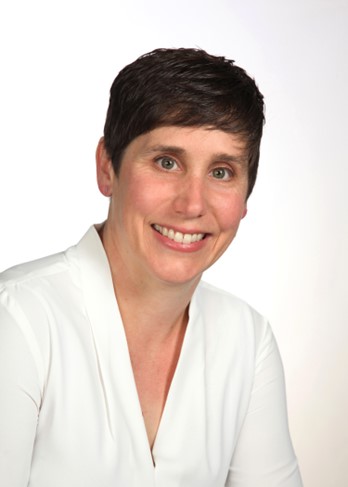
Kelly Fitzgerald, PhD
- IRB Executive Chair and Vice President of IBC Affairs at WCG
Kelly FitzGerald is the IRB Executive Chair and Vice President of IBC Affairs at WCG where she oversees the review teams of both the IRB and several hundred institutional IBCs. She is responsible for the compliant and efficient operation of both the IRB and IBCs. Kelly joined WCG IRB in 2014 as the Director of Expedited Review. Kelly is a chemical engineer, and her graduate training was in the area of genetic engineering, which led to an interest in medical diagnostic device technology. Prior to joining WCG, she worked in general research administration and invention licensing at the University of Washington for over 10 years.
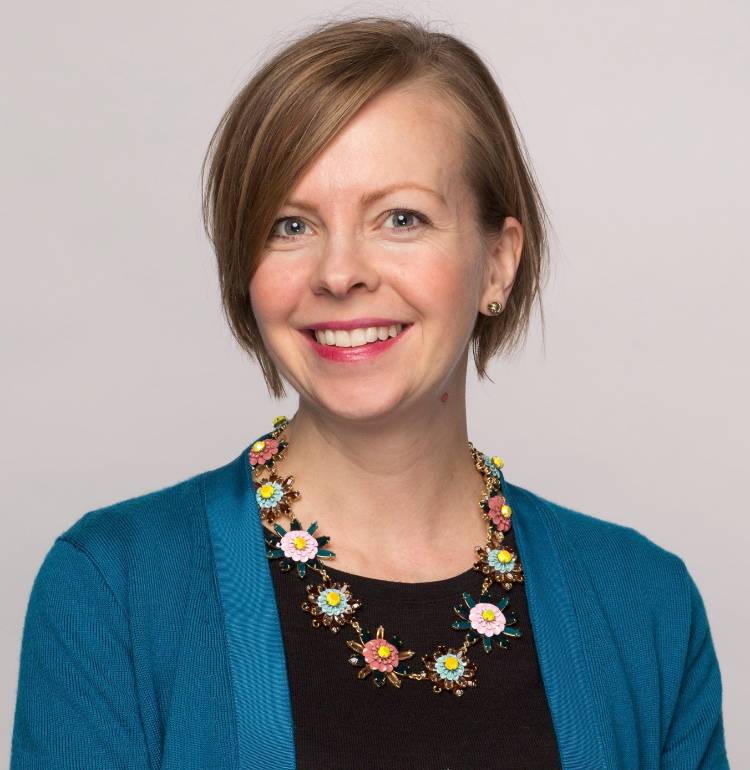
Sylvia Baedorf Kassis, MPH
- Program Director, MRCT Center
Sylvia Baedorf Kassis, MPH, is a Program Director at the MRCT Center and has over 20 years of clinical research-related experience in Canada and the United States of America. Her expertise includes ethical/regulatory review of research, workforce training and capacity building, and study coordination, management, and oversight.
In her current role, Sylvia champions efforts to make clinical research more understandable and accessible to patients, participants, and caregivers. Her clinical research interests include: understanding study participants’ experiences in research and incorporating their insights into study processes; supporting research coordinators through networks and training; and ensuring study teams have the resources they need to conduct ethical and compliant research involving study participants and their data/samples.
Sylvia has a Master of Public Health degree in Global Health from Boston University School of Public Health (2008) and a Bachelor of Science from the University of Toronto (2001).
3:00- 3:15 pm
Break
3:15- 4:00 pm
users icon Speakers: Tiffany Coleman, MPH, CIP; Melissa Toomer, CIC; Bianca Marsh, BA; and Robert Hood, PhD
The role of AAHRPP Accreditation in promoting the involvement of community members in the design and implementation of research and the dissemination of results
In part one of this session, Dr. Robert Hood, Director of Accreditation and Global Outreach, Association for Accreditation of Human Research Protection Programs, will discuss the role of AAHRPP Accreditation in promoting the involvement of community members in the design and implementation of research and the dissemination of results.
Augusta University Institutional Review Board Community Outreach - How We’ve Built Trust
In part two, attendees hear about ways that the Augusta University Human Research
Protection Program (AU IRB) has
collaborated with their local community and community partners to reach underrepresented
populations and build trust in
research.

Tiffany Coleman, MPH, CIP
- Director, IRB Office- Augusta University
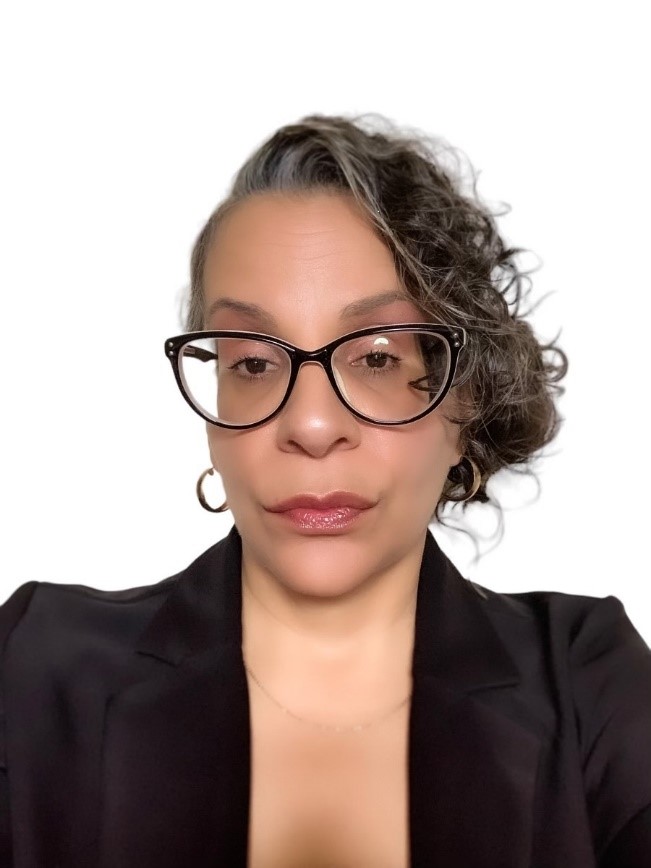
Melissa Toomer, CIC
- IRB Specialist, Augusta University
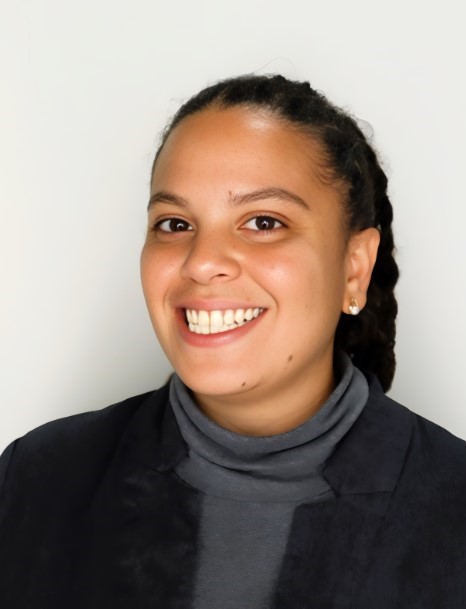
Bianca Marsh, BA
- IRB Training Coordinator, Augusta University

Robert Hood, PhD
- Director of Accreditation and Global Outreach, AAHRPP
4:00- 4:05 pm
Closing Remarks
user icon Michael P. Diamond, MD
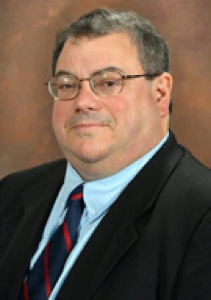
Michael P. Diamond, MD
- Senior Vice President for Research, Augusta University
- Professor of Obstetrics and Gynecology
4:00- 6:00 pm
Welcome Reception
Agenda Day 2- February 20, 2025
Primary Goal: On the second day of the conference, attendees can expect to hear from a wide range of well-versed speakers discussing different types of conflicts of interest that arise in the conduct of contemporary research, strong programs of community collaboration and education, current AI-capabilities in human subject research, and flexibility and innovation in the evolving field of research. Day 2 will feature a Keynote from Carl Elliott “Blowing the Whistle on Abuses to Human Subjects”, five plenary sessions, and several breakout sessions.
7:00- 8:00 am
Registration & Breakfast
“Independently sponsored by Augusta University”
8:00- 8:15 am
Welcome & Opening Remarks
user icon Russell T. Keen, EdD, Augusta University President
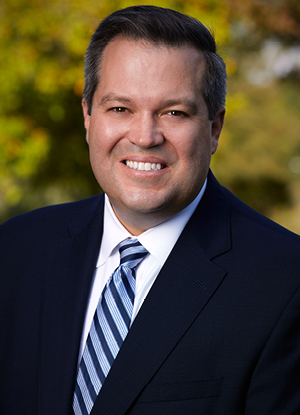
- Augusta University President
8:15- 9:15 am
Keynote: Blowing the Whistle on Abuses to Human Subjects
user icon Speaker: Carl Elliott, PhD, Professor, Department of Philosophy, University of Minnesota
In popular culture, whistleblowers are conscience-driven heroes who triumph against the odds. Yet when research abuses occur, medical institutions deny wrongdoing even when it is glaringly obvious, and rarely do mistreated research subjects or their families get any real justice. Whistleblowing is the exception, not the rule. In many scandals, doctors and other staff members remain silent for years while unwitting research subjects are abused. If abuses do come to light, the researchers are usually protected by the medical establishment while the whistleblowers are punished.
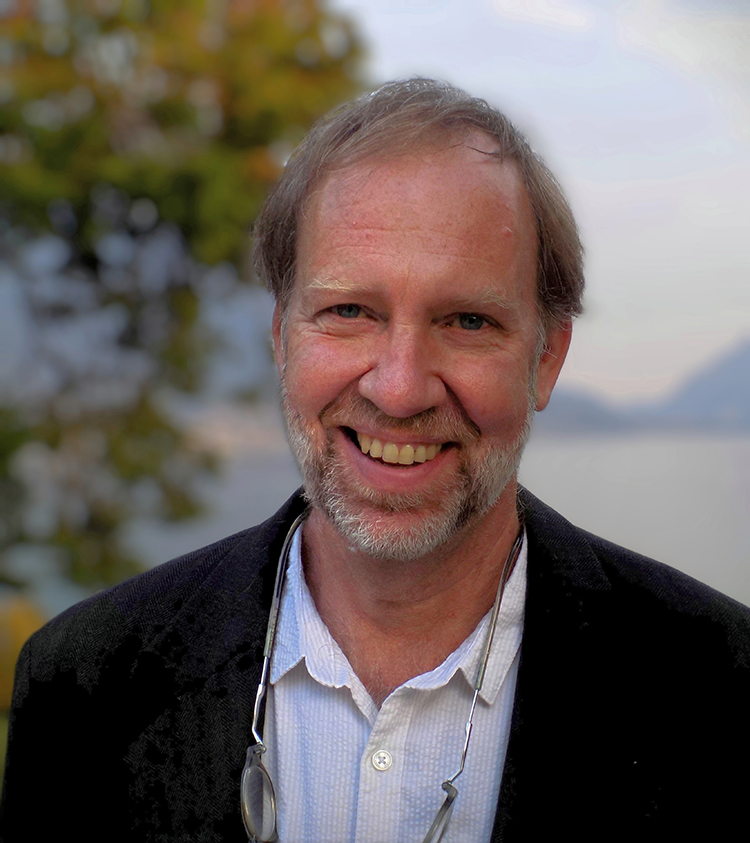
Carl Elliott, PhD
- Professor, Department of Philosophy, University of Minnesota
Carl Elliott grew up in Clover, South Carolina, where his father was a family doctor and his mother was a librarian. He attended Davidson College, the Medical University of South Carolina and Glasgow University in Scotland, training first in medicine and then in philosophy. After postdoctoral positions at the University of Chicago, the University of Otago in New Zealand and the University of Natal Medical School in South Africa, he joined the faculty at McGill University in Montreal. Elliott moved to the University of Minnesota in 1997 to join the Center for Bioethics. He is currently a professor in the Department of Philosophy.
Elliott is the recipient of a Guggenheim Fellowship, a National Endowment for the Humanities Public Scholar Award, the Cary and Ann Maguire Chair in Ethics and American History at the Library of Congress, a resident fellowship at the Rockefeller Center in Bellagio, and a Weatherhead Fellowship at the School for Advanced Research in Santa Fe. His writing has appeared in The New Yorker, The Atlantic, The New York Review of Books, The New York Times, Mother Jones and The American Scholar. He has been a visiting faculty member at the Institute for Advanced Study in Princeton, the University of Sydney, and the University of Otago, where he is an affiliate of the Bioethics Centre. He and his wife, Ina, have three children and live in Minneapolis.
9:15- 10:15 am
Plenary 1: Looking Beyond the Almighty Dollar: Addressing Non-Financial Conflicts of Interest in Research
user icon Moderator: Laura A. Meyer Chapman, MA
users icon Panelists: Carl Elliott, PhD; Leandra Smollin, PhD; Angus Chen, and David Borasky, MPH, CIP
A panel will discuss different types of conflicts of interest that arise in the conduct of contemporary research as well as in the review and oversight of research for regulatory compliance and ethical purposes. The panel will examine potential conflicts held by members of the community involved in research, the growing role of commercial and other non-institutional IRBs, conflicts driven by the increasing competition among university medical and academic centers, and consider how institutions can address and mitigate these conflicts to ensure public trust in research.
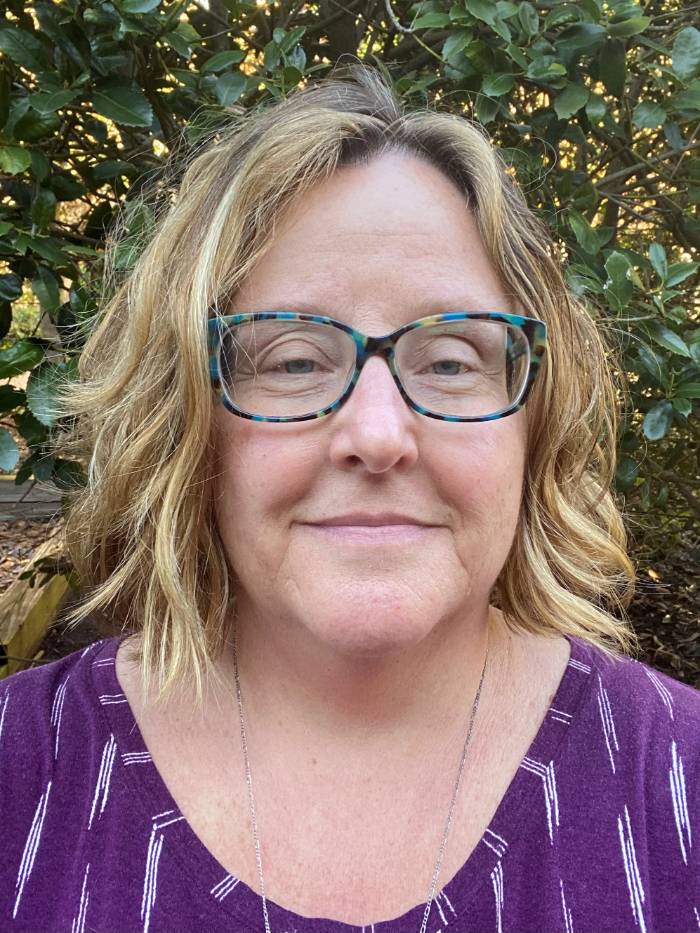
Laura A. Meyer Chapman, MA
- Director, Research Ethics and Compliance, Augusta University
Laura Meyer Chapman is a distinguished professional with a career dedicated to ensuring ethical and compliant research practices in academia. With nearly 30 years of experience in research compliance and biomedical research, she has consistently demonstrated leadership in developing and implementing effective compliance programs and policies.
Laura currently serves as the Director of Research Ethics & Compliance at Augusta University in Augusta. In this capacity, she has been instrumental in establishing and overseeing the university’s Research Ethics and Compliance Program and promoting a culture of ethical conduct in research. During her tenure in this position, Laura has revamped the university’s conflict of interest program and established new programs in research security and human subjects research monitoring.
Laura holds a Master of Arts in Biology and Biomedical Sciences from Washington University in St. Louis and a Bachelor of Science in Biology from the University of Tennessee, Chattanooga. In her personal time, Laura enjoys photography, fostering kittens, and travelling. She is married and has two adult daughters and two grandchildren.

Carl Elliott, PhD
- Professor, Department of Philosophy, University of Minnesota
Carl Elliott grew up in Clover, South Carolina, where his father was a family doctor and his mother was a librarian. He attended Davidson College, the Medical University of South Carolina and Glasgow University in Scotland, training first in medicine and then in philosophy. After postdoctoral positions at the University of Chicago, the University of Otago in New Zealand and the University of Natal Medical School in South Africa, he joined the faculty at McGill University in Montreal. Elliott moved to the University of Minnesota in 1997 to join the Center for Bioethics. He is currently a professor in the Department of Philosophy.
Elliott is the recipient of a Guggenheim Fellowship, a National Endowment for the Humanities Public Scholar Award, the Cary and Ann Maguire Chair in Ethics and American History at the Library of Congress, a resident fellowship at the Rockefeller Center in Bellagio, and a Weatherhead Fellowship at the School for Advanced Research in Santa Fe. His writing has appeared in The New Yorker, The Atlantic, The New York Review of Books, The New York Times, Mother Jones and The American Scholar. He has been a visiting faculty member at the Institute for Advanced Study in Princeton, the University of Sydney, and the University of Otago, where he is an affiliate of the Bioethics Centre. He and his wife, Ina, have three children and live in Minneapolis.
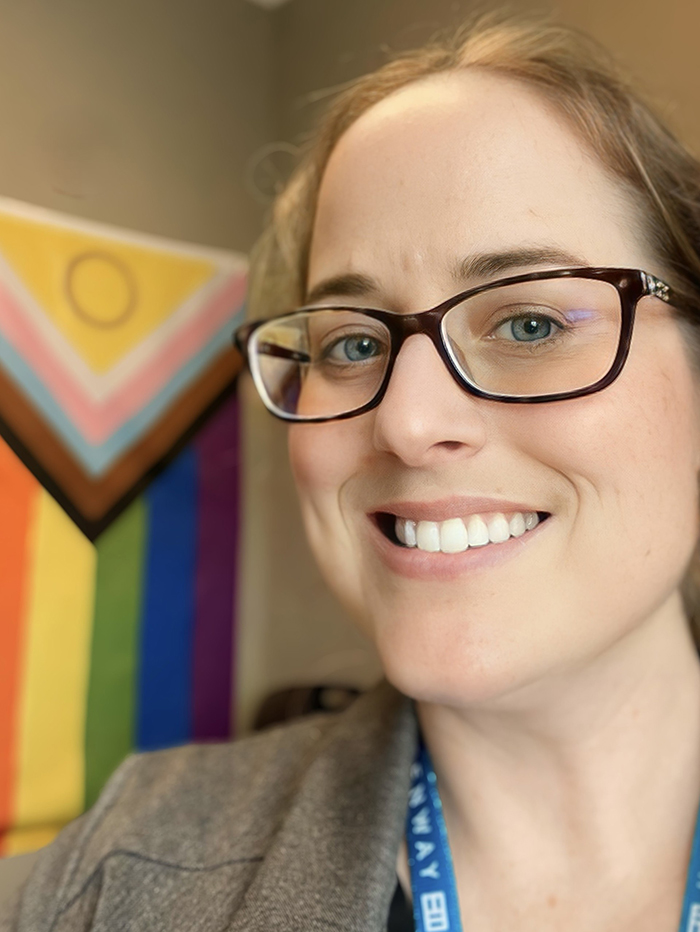
Leandra Smollin, PhD
- Manager of Research Compliance, Fenway Institute
Leandra Smollin, Ph.D., has expertise in social and community-engaged research, LGBTQIA+ health, and violence prevention. She holds a Ph.D. From Northeastern University in Sociology, and B.A. from Stonehill College. Before joining the Fenway Institute Office of Research Compliance, she acquired professional experience as an Assistant Professor of Sociology at SUNY Potsdam; researcher at the Prevention Innovations Research Center at the University of New Hampshire and the Maurico Gaston Institute for Latino Community Development and Public Policy at the University of Massachusetts Boston; and the Massachusetts Commissions for LGBTQ youth.
Currently, Leandra manages Research Compliance and the Human Subjects Protection Program at The Fenway Institute in Boston, MA. Fenway Health is a federally qualified community health center that advocates for and delivers innovative, equitable, accessible health care, supportive services, and transformative research and education. The mission of The Fenway Institute is to optimize health and well-being for sexual and gender minorities (SGM) and those affected by HIV.
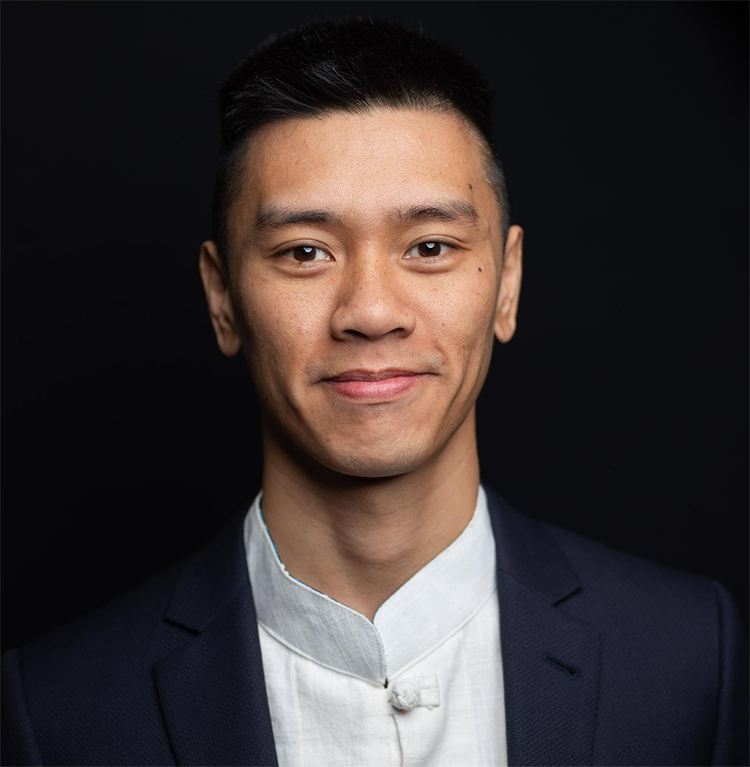
Angus Chen
- Reporter, STAT News
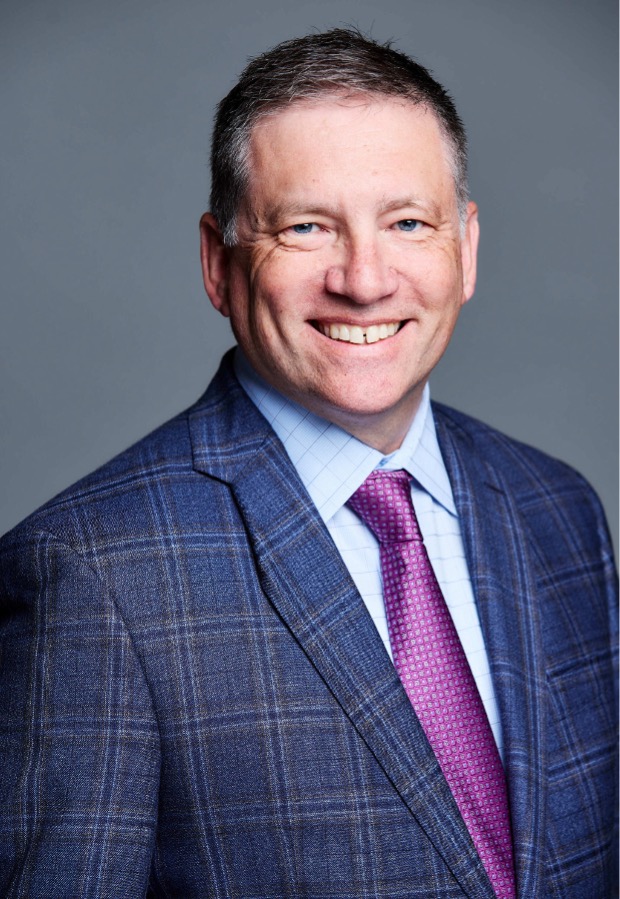
David Borasky, MPH, CIP
- Vice President of Compliance, WCG
David Borasky serves as Vice President of Compliance for WCG Clinical’s Review Solutions division. In this role he is responsible for leading the quality and compliance activities for WCG Clinical’s institutional review board, institutional biosafety committee, endpoint adjudication committees and data monitoring committee services. This includes maintenance of WCG’s AAHRPP accreditation and ISO 9001 certifications. In addition, Borasky serves as WCG’s liaison to regulatory agencies that oversee these activities.
Borasky has more than 25 years of experience in managing IRBs in settings that include global public health organizations, large academic medical centers, and independent IRBs. He has facilitated training activities on basic research ethics and IRB operations and management for IRB staff and members for institutions and IRBs throughout the US and abroad. He has served as a consultant for the Office for Human Research Protections, the US Department of Energy, the World Health Organization, and numerous other institutions. He currently serves as co-chair of the Subpart A Subcommittee of the DHHS Secretary’s Advisory Committee on Human Research Protections.
Borasky is a Certified IRB Professional and former member of the board of directors of Public Responsibility in Medicine and Research (PRIM&R). In 2018 he was named a Distinguished Leader of PRIM&R. He received his undergraduate education at Le Moyne College and his master’s degree in public health leadership from the University of North Carolina at Chapel Hill.
10:15- 10:30 am
Session Break
10:30- 11:30 am
Plenary 2: AI in Drug and Medical Device Development – Perspectives on Research Ethics
user icon Speaker: Karla G. Childers, BA, MSJ, MSBE
While the foundational principles of modern-day bioethics are well-established, innovative technologies like artificial intelligence have the potential to challenge some of these norms and how we think about human research protection. This talk will explore the use of AI in the regulated environment of drug and medical device development and suggest an approach that (1) emphasizes existing principles and guidelines and (2) advocates for discipline in creating new ethical frameworks. Examples will be shared that elucidate this approach.

Karla G. Childers, BA, MSJ, MSBE
- Head, Bioethics-based Science & Technology Policy
- Office of the Chief Medical Officer
- Johnson & Johnson
Karla Childers joined Johnson & Johnson (J&J) in October 2013 in the Office of the Chief Medical Officer where her primary responsibility has been leading and coordinating various ethics-based, science and technology policy projects. Her longest running responsibility has been the support and coordination of Johnson & Johnson’s Clinical Trial Data Transparency Initiative, including the management of the Yale University Open Data Access (YODA) Project data sharing collaboration.
Ms. Childers is the Chair of the J&J Bioethics Committee, which serves as an internal forum providing advice on bioethical questions within J&J. She is responsible for the management and conduct of that committee and relevant bioethics consultations. She serves as a bioethics subject matter expert for various internal and external science and technology policy work and coordinates the internal bioethics educational program sponsored by the Office of the Chief Medical Officer.
Ms. Childers has also been actively engaged outside J&J in various R&D and ethics-based work. She has volunteered in the Drug Information Association (DIA) in various roles for the past decade, including the Annual Meeting Program Committee, Annual Meeting Steering Committee, and most recently co-founded the DIA Bioethics Community. She is presently serving on the DIA Americas Regional Advisory Council for the Americas. She served three years on the Public Responsibility in Medicine & Research (PRIM&R) planning committee for the Advancing Ethical Research (AER) conference and continues to be an active speaker and member for PRIM&R. Most recently, she joined the Board of Directors for FASPE (Fellowships at Auschwitz for the Study of Professional Ethics). She also serves as a teaching assistant and lecturer in the Columbia University Master of Bioethics Program.
Before joining J&J, she was an Associate Director in Global Project Management (GPM) in Merck Research Laboratories (MRL), where she managed cross functional drug development teams in various therapeutic areas and stages of development. Prior to joining GPM, Ms. Childers began her career in industry as a bench chemist in MRL’s Process Chemistry group.
She received her Bachelor of Arts Degree in Chemistry from Indiana University-Purdue University in Indianapolis and a Master of Science in Jurisprudence with a concentration in Health Law from Seton Hall Law School. She is also a graduate of Columbia University with a Master of Science in Bioethics.
11:30 am- 12:00 pm
Plenary 3: Ensuring Trust: Ethics, Transparency, and Collaboration
user icon Speaker: Ivy Tillman, EdD, CIP
This session will provide key principles and best practices for advancing trust in research. Dr. Tillman will provide insights into ethical considerations, the importance of transparency, and the role of collaboration to strengthen trustworthiness in science and research.
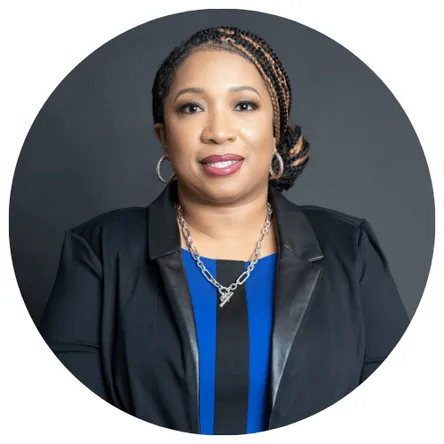
Ivy Tillman, EdD, CIP
- Executive Director of Public Responsibility in Medicine and Research
Ivy Tillman, EdD, CIP, is the Executive Director of Public Responsibility in Medicine and Research (PRIM&R). Dr. Tillman is a passionate, multi-faceted educator at heart, bringing more than 18 years of leadership in research ethics and oversight to her role at PRIM&R. As a purposeful and creative leader, Dr. Tillman has developed partnerships with multiple stakeholders, bringing varied perspectives and voices together to create programs and initiatives that move the research ethics conversation forward. She is a firm believer that public trust in research is essential, and scientific advancement is a unification point for all communities. Prior to joining PRIM&R, Dr. Tillman served as the Director of Research Operations at the Mayo Clinic, supporting the IRB, IACUC, and IBC. Previously, Dr. Tillman held the position of IRB Director for Augusta University in Augusta, Georgia. Dr. Tillman received her Doctorate in Education from Augusta University, her Master of Science in Health Care Management from Troy University, and her Bachelor of Arts in Biology and French from Clemson University. Dr. Tillman’s involvement with PRIM&R began in 2005, when she first became an active PRIM&R member. She has a long history of service advocating for research ethics with different organizations including PRIM&R, The Consortium to Advance Effective Research Ethics Oversight (AEREO), and the Association for Accreditation of Human Research Protection Programs, Inc. (AAHRPP). In her free time, Dr. Tillman enjoys reading, spending time with her family, and empowering women and girls through local advocacy work. She believes education holds transformative power, and actively works to create space for under-represented voices in educational and scientific spaces. As a life-long learner and dedicated advocate, Dr. Tillman’s work highlights her dedication to fostering a holistic approach to ethical conduct in research.
12:00-1:10 pm
Networking Lunch - Break Rooms
“Independently sponsored by Augusta University”
1:10-1:50 pm
Plenary 4: Values, Practices and Systems Advancing Community-Engaged Research Trust
user icon Speaker: Tabia Henry Akintobi, PhD, MPH
Morehouse School of Medicine (MSM) holds to an applied, cross –cutting, definition of community engagement research that includes the systematic allocation of educational, clinical, research and clinical resources applied to advance its vision to lead the creation and advancement of health equity. The MSM Model, steeped the pursuit of trustworthiness and positioning community/patient groups as leaders, rather than simply holding roles in supporting recruitment and retention and ongoing, systematic assessment (priority community/patient groups, partnerships dynamics, and research impacts/outcomes), has been the foundation to these relationships and outcomes. Beyond the conduct of Community-based Participatory Research and Community-Engaged Research are essential institutional systems and structures that facilitate or serve as barriers to community engaged research practices. This workshop will cover the multilevel (individual, relational and institutional) determinants of effective community engaged research trustworthiness. This session will discuss values, practices, and tools that academic institutions can employ to integrate and facilitate community-driven research as an institutional pillar of their research enterprise.
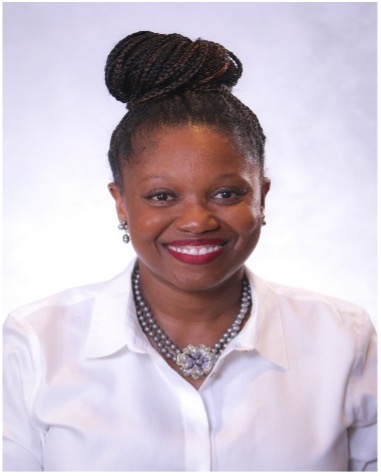
Tabia Henry Akintobi, PhD, MPH
- Professor and Chair of Community Health and Preventive Medicine, Morehouse School of Medicine
1:50-2:05 pm
Break
Concurrent Breakout Sessions
2:05 – 2:45 pm - Breakout Session A
Track 1: Community Engagement and Mainting Public Trust
A Conversation Between Participants and Researchers: What Can We Learn From Each Other?
user icon Moderator: David Borasky, MPH, CIP
users icon Researcher Representatives: Samantha Jones, PhD; Marlo Vernon, PhD; MPH, David Augustin Hodge, PhD; Renetta M. DuBose.
In this session, speakers (past participants and researchers) will talk about the good and the bad of research recruitment and participation. Researchers and former participants will reflect on barriers to recruitment and research engagement and partake in an open dialogue on how to develop strategies to improve the research experience for all involved.

David Borasky, MPH, CIP
- Vice President of Compliance, WCG
David Borasky serves as Vice President of Compliance for WCG Clinical’s Review Solutions division. In this role he is responsible for leading the quality and compliance activities for WCG Clinical’s institutional review board, institutional biosafety committee, endpoint adjudication committees and data monitoring committee services. This includes maintenance of WCG’s AAHRPP accreditation and ISO 9001 certifications. In addition, Borasky serves as WCG’s liaison to regulatory agencies that oversee these activities.
Borasky has more than 25 years of experience in managing IRBs in settings that include global public health organizations, large academic medical centers, and independent IRBs. He has facilitated training activities on basic research ethics and IRB operations and management for IRB staff and members for institutions and IRBs throughout the US and abroad. He has served as a consultant for the Office for Human Research Protections, the US Department of Energy, the World Health Organization, and numerous other institutions. He currently serves as co-chair of the Subpart A Subcommittee of the DHHS Secretary’s Advisory Committee on Human Research Protections.
Borasky is a Certified IRB Professional and former member of the board of directors of Public Responsibility in Medicine and Research (PRIM&R). In 2018 he was named a Distinguished Leader of PRIM&R. He received his undergraduate education at Le Moyne College and his master’s degree in public health leadership from the University of North Carolina at Chapel Hill.
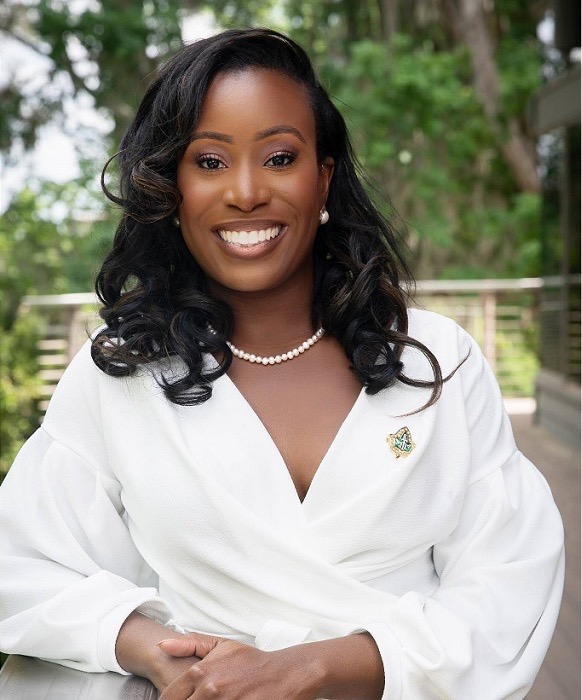
Samantha Jones, Ph.D.
- Assistant Professor, Augusta University
I am an Assistant Professor in the Department of Family and Community Medicine, with secondary appointments in the Georgia Cancer Center and Georgia Prevention Institute, all housed within the Medical College of Georgia at Augusta University. I received PhD training in pharmacology/toxicology, with a specific focus on cancer biology. My work involved identifying therapeutic targets for aggressive cancers which disproportionately affect disadvantaged populations. In my last six years at Augusta University, I have focused on eliminating racial/ethnic and socioeconomic health disparities regarding cancer prevention and control among minority and underserved populations. My current research interests include understanding the role of psychosocial and cultural influences in disease etiology among minority and disadvantaged populations. Allostatic load (AL), the cumulative wear and tear on the body as a result of chronic stress and life events, is elevated among minority and underserved populations and is associated with increased risk for cardiovascular disease, diabetes complications, pregnancy complications, and cancer mortality among others. Cultural differences in health behaviors which also serve as coping mechanisms (i.e., diet, exercise, smoking, and alcohol use) can have a heavier impact on disease incidence and mortality when coupled with social determinants of health such as low socioeconomic status and poor neighborhood characteristics. Equipping individuals with knowledge regarding disease prevention and early intervention, improving self-efficacy for achieving optimal health, and catalyzing positive changes in community norms and health policy in underserved communities are my career goals. In addition to serving as Principal Investigator of Psychosocial, sociocultural, and environmental influences on physiological and behavioral responses: Exploring predictors of cancer disparities among Black women, I also serve as a Co-Investigator on Perceived Equipoise and Researcher Credibility Study (PERCs) that provides preliminary data for the current proposal.
As a native of an underprivileged and largely racial/ethnic minority community in Georgia, I am intimately driven to improve the health conditions of vulnerable communities. I have the unique position of understanding cultural and behavioral influences on health for underserved communities through my own personal experiences. I believe that my passion for community-engaged research, strong community relationships, and expertise in CBPR will serve as substantial assets to Element E of the AU/GSU Georgia Research Institute for Translational Science (GRITS) project. I am confident in my ability to connect with stakeholders who are enthusiastic and committed to working to meet the needs of our community and establish higher standards of care for the population that our institution serves. My long-term research career goals include: 1) increasing community-engaged research approaches to address allostatic load and the impact of stress response on current health disparities among minority and underserved populations in the state of Georgia and nationally, and 2) increasing minority representation in health science research, with the ultimate goal of eliminating health disparities and achieving health equity.

Marlo Vernon, PhD, MPH
- Associate Professor, Augusta University
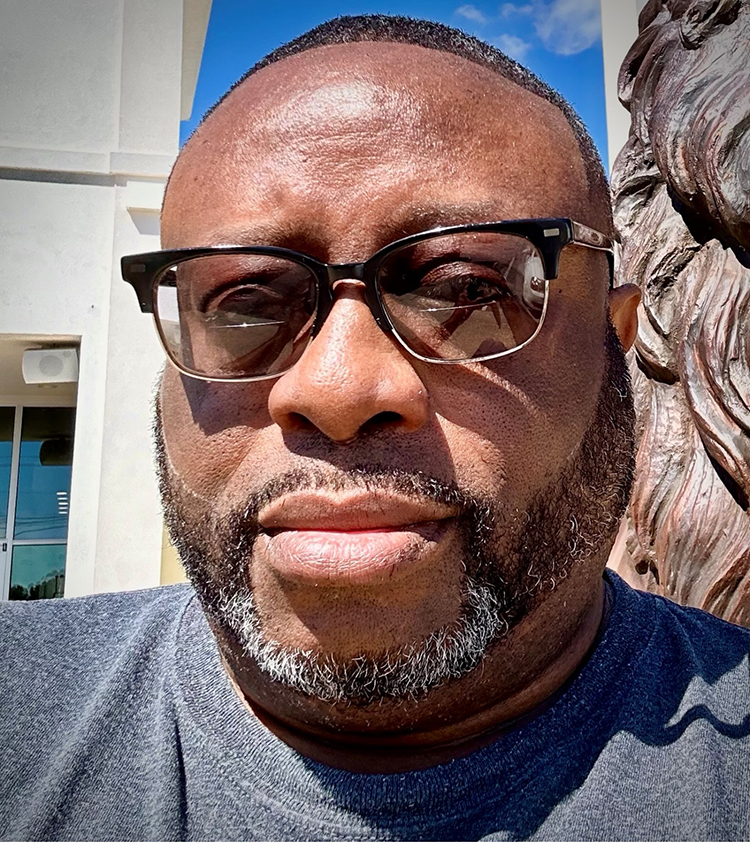
David Augustin Hodge, PhD
- Interim Director and Associate Professor, National Center for Bioethics in Research and Health Care, Tuskegee University
Dr. David Augustin Hodge, Sr. is a native of St. Thomas, U.S. Virgin Islands. He earned his Bachelor of Arts degree in Bible, Theology, and English from American Baptist College in Nashville, Tennessee (1988); his Master of Arts in Education degree from Oral Roberts University in Tulsa, Oklahoma (1994); his Master of Theological Studies degree from Candler School of Theology, Emory University, Atlanta, Georgia (1997); his Doctor of Ministry degree from Columbia Theological Seminary, Atlanta, Georgia (1998); and his Ph.D. in Philosophy from the University of Miami (2015).
Dr. Hodge is married to Theresa Paula Hodge, an enthusiastic and passionate elementary school teacher in Gwinnett County, Georgia. They have three children: David II, B.S. in Science Education from Florida Memorial University; Avia, who holds an MPH from Tuskegee University and a Masters in Genetic Counseling from the University of North Carolina, Greensboro; and Jonathan, a junior at Tuskegee University.
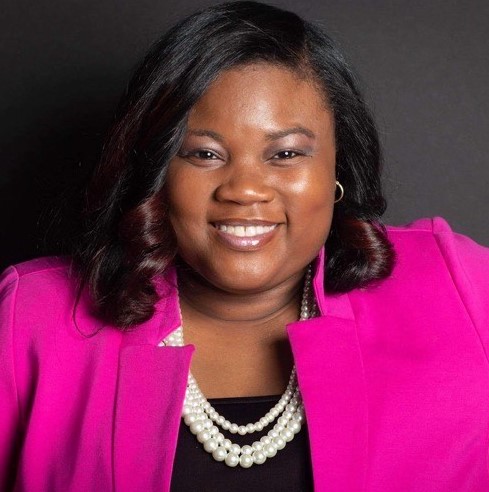
Renetta M. DuBose
- Broadcast Journalist
Renetta DuBose is an award-winning journalist hailing from the shores of Lake Michigan where her hometown, Gary, Indiana is located. The Butler University graduate (’06 Go Dawgs!) holds a Bachelor’s degree in Media Arts (Journalism) with a Public Relations minor. She also holds a Master’s degree from the prestigious Public Affairs Reporting program (Journalism) at the University of Illinois at Springfield (’07). For nearly 20 years, Renetta has evolved into an award-winning journalist, sought after communications expert with strong community leadership ties and a passionate health advocate, focusing on women’s health, reproductive and maternal health justice and HIV and AIDS awareness and prevention.
Renetta has reported in Illinois as a Statehouse reporter for the ABC affiliate in Springfield and worked for CBS, PBS and ABC affiliates as an anchor, reporter, producer and videographer. In the past two decades, she he has hit the ground running as a compassionate yet tough as nails reporter, getting to the bottom of the story with accuracy and fairness. She has a special skill set for investigative reporting, which earned her Media General’s Excellence in Investigative Journalism award in 2016. She was also nominated for an Indiana Broadcasters Association award for Best Breaking News story. In 2021, Renetta launched her most recent passion project, curating stories about the murdered and missing. She created WJBF NewsChannel 6’s Cold Case Project, an monthly series taking deep dives into cases many never heard of or somehow forgot. The goal was to help families and law enforcement find what they need to get justice and close those cases. Renetta’s work aided in many family’s being able to tell their loved one’s stories, spread their cases through podcasts and billboards and come face to face with law enforcement and organizations helping cold case families through an annual brunch she started. Her thorough story telling helped in the efforts to identify the Jenkins County, Georgia Jane Doe.
Renetta’s expansive resume includes being a seasoned international communications expert and dedicated health advocate with a robust portfolio of work that spans across the globe. With a deep-seated passion for public health and effective communication, she has made significant contributions in various capacities, bringing a wealth of knowledge and expertise to every project.
As a pivotal member of the Patient Advocacy Board for PCOS Challenge: The National Polycystic Ovary Syndrome Association, Renetta has championed the cause of women’s health, raising awareness and advocating research, funding and better healthcare policies and practices for those affected by PCOS. Her work with other volunteers, most profoundly on Capitol Hill during PCOS Advocacy Days, has been instrumental in driving change and fostering a supportive community for patients.
In addition, Renetta serves on the Positively Augusta for HIV and AIDS Awareness and Prevention Board. She plays a crucial role in the strategic planning that leads to ensuring that those affected by HIV and AIDS receive the support and resources they need. Renetta leads the effort each year to help in reducing stigma and enhancing public understanding through the Sandra E. Wimberly Education Is Prevention HIV and AIDS Virtual Essay Grant, a passion project she helped start in 2019. To her credit, Renetta helped in expanding the organization’s diversity efforts through her DEI consulting.
Renetta is also a proud member of Delta Sigma Theta Sorority, Inc., where she spent countless years as a mentor to high school students and The Augusta (GA) Chapter of The Links, Incorporated, where she has taken on various leadership roles. Her work has to led numerous initiatives aimed at improving social and health outcomes, with live radio talks about law enforcement and the community and dismantling the opioid crisis. Other programs help with foster educational opportunities and enhancing the quality of life for individuals both locally and nationally.
Outside of work and civic duties, Renetta enjoys spending time with her family, taking walks on trails and enjoying suspense movies and shows. She loves serving the Lord in her community and baking.
Renetta’s work is a testament to the power of communication in advancing health and well-being around the world, through accuracy, advocacy and transparency in hopes of helping people to live more equitable lives.
Track 2: Flexibility and Innovation to Respond to the Evolving Field of Research
Where is Artificial Intelligence within Human Subject Research Today?
users icon Speakers: Tamiko Eto, MA and Joshua Fedewa, MS, CIP.
AI is a fast-changing field with ever-evolving applications and advancements. Speaker will address the current profile of AI and AI capabilities, explain what AI tools do and how they do it, and touch on how AI may reflect existing human flaws, such as implicit and explicit bias. Speakers will also explain the different types of AI used in Human Subjects Research (HSR)-from trial design to participant screening, recruitment, engagement, and retention and discuss the pros and cons of using synthetic data in an attempt to diversify the research participant pool.

Tamiko Eto, MA
- Director of Research Operations, Mayo Clinic
Ms. Tamiko Eto currently serves as Director of Research Operations at the Mayo Clinic. She has over 18 years of experience in the field of human subjects research protections managing research compliance, technology risk assessment, data sharing agreements; conducting the review of complex industry and federally funded AI research, and policy interpretation and development. She leverages this experience to implement policies and guidance to AI-enabled health care research projects, and works closely with AI researchers and regulatory bodies in addressing ethical and regulatory challenges related to AI.
To facilitate researchers and IRB professionals across the US she has developed tools and checklists for IRBs to use in their review of AI research. Ms. Eto also serves on the AI Ethics Advisory Board for the Institute of Experiential AI (EAI) at Northeastern University, and is a Policy Advisor at the Center for AI and Digital Policy (CAIDP).

Joshua Fedewa, MS, CIP
- Director of Research Consulting at Advarra
Joshua Fedewa is an expert in human subject research and the current Director of Research Consulting at Advarra. He has over fifteen years of experience in regulations and guidelines governing human subjects research. As Director of IRBMED at the University of Michigan, Joshua held direct responsibility for over 20,000 submissions as well as 5,500 active studies. Joshua’s experience also includes oversight over all IRB operations at academic medical centers. He has expertise in human subjects regulations oversight and operations (IRB), as well as HIPAA Privacy regulations, and research compliance investigations. He has been instrumental in managing animal care and biosafety oversight at an academic medical center affiliate. Josh has extensive experience with a variety of electronic IRB submission and review systems and is also skilled in helping institutions obtain and maintain initial AAHRPP accreditation. Josh has served as an AAHRPP site visitor and has helped guide several institutions through initial accreditation as well as through multiple re-accreditation cycles. Josh has proven expertise in leading projects to improve research document translations which resulted in significant decrease in costs, turn-around times, and an increase in translated documents available for non-English speaking participants. Joshua holds a master’s in research administration from Rush University and is a Certified IRB Professional (CIP).
2:45-2:50 pm
Break
2:50–3:30 pm - Breakout Session B
Track 1: Thinking Outside the Box: Creative Approaches to Human Research Protections Training for Community Partners
user icon Speaker: Emily Anderson, Ph.D., MPH, Professor of Bioethics, Loyola University Chicago’s Neiswanger Institute for Bioethics and Healthcare Leadership
In this session, attendees will learn methods for crafting approaches to Human Subject Protection (HSP) training for community-based research. Speakers will discuss how to develop accessible education programs and products and consider what makes an HSP training program effective.
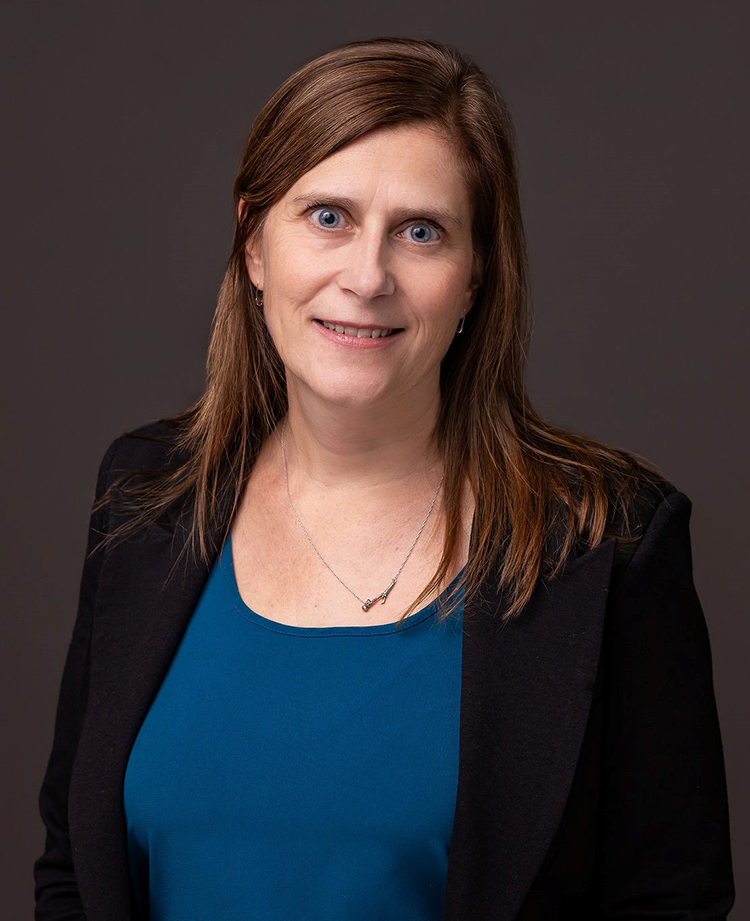
Emily E. Anderson, PhD, MPH
- Professor of Bioethics, Loyola University Chicago’s Neiswanger Institute for Bioethics and Healthcare Leadership
Emily E. Anderson, PhD, MPH, is a professor of bioethics at Loyola University Chicago’s Neiswanger Institute for Bioethics and Healthcare Leadership. She teaches research ethics and responsible conduct of research to graduate and medical students as well as courses in empirical bioethics and global bioethics. Her areas of interest and expertise include ethical issues that arise in community- and patient- engaged research; researcher and physician professionalism and misconduct; ethical issues in research with vulnerable populations; informed consent; institutional review board (IRB) policy; and the application of qualitative research techniques to the study of research ethics. Dr. Anderson has published articles in the American Journal of Bioethics, Ethics and Behavior, Journal of Law Medicine and Ethics, Academic Medicine, Accountability in Research, and the Journal of Empirical Research on Human Research Ethics (JERHRE). She serves as associate editor for Narrative Inquiry in Bioethics. She also has almost 20 years of experience serving on six different IRBs and frequently presents at conferences including the American Society for Bioethics and Humanities (ASBH) and Public Responsibility in Medicine and Research (PRIM&R).
Dr. Anderson is creator of CIRTification Online, a free human research protections training program tailored for community research partners, available in English, Spanish, and Haitian Creole. Dissemination of CIRTification is supported through the Center for Clinical and Translational Science at the University of Illinois Chicago (UL1TR002003). Dr. Anderson is also the Principal Investigator/Project Director of the Loyola University Chicago-Ukrainian Catholic University (LUC-UCU) Doctoral and Post- Doctoral Bioethics Fellowship Program.
Track 2: Designing Consent Processes with the Participant in Mind
user icon Speaker: Sylvia Baedorf Kassis, MPH, Program Director, MRCT Center
In this session, attendees will learn:
- Processes for approaching the development of key information, consent sections, and supportive educational materials,
- Strategies for assessing participant comprehension of the consent process, and
- Methods for determining the most appropriate consent processes and documentation approaches for research studies

Sylvia Baedorf Kassis, MPH
- Program Director, MRCT Center
Sylvia Baedorf Kassis, MPH, is a Program Director at the MRCT Center and has over 20 years of clinical research-related experience in Canada and the United States of America. Her expertise includes ethical/regulatory review of research, workforce training and capacity building, and study coordination, management, and oversight.
In her current role, Sylvia champions efforts to make clinical research more understandable and accessible to patients, participants, and caregivers. Her clinical research interests include: understanding study participants’ experiences in research and incorporating their insights into study processes; supporting research coordinators through networks and training; and ensuring study teams have the resources they need to conduct ethical and compliant research involving study participants and their data/samples.
Sylvia has a Master of Public Health degree in Global Health from Boston University School of Public Health (2008) and a Bachelor of Science from the University of Toronto (2001).
3:30-3:50 pm
Snack Break
“Independently sponsored by Augusta University”
3:50-4:30 pm
Plenary 5: Learning from the Community and Giving Back: A Regional Showcase of Institutions
user icon Moderator: Michael Diamond, MD
users icon Panelists: Christy Ledford, PhD; Neal Dickert, MD, PhD; Leslie E. Wolf, MPH, JD
In this session, a panel will discuss strong programs of community consultation, collaboration, and education and detail the importance of partnering with the community to ensure that research serves its participants. Panelists will detail successful methods of community outreach and discuss how some efforts have fallen short. Panelist presentations will be followed by an open forum of questions moderated by Dr. Michael Diamond, AU.

Michael P. Diamond, MD
- Leon Henri Charbonnier Endowed Chair in Reproductive Endocrinology.
- Professor of Obstetrics and Gynecology,
- Senior Vice President for Research, Augusta University
Dr. Diamond completed undergraduate studies at Vassar College in Poughkeepsie, New York, medical school at Vanderbilt University in Nashville, Tennessee, followed by internship and residency in Obstetrics and Gynecology at the same institution; and his fellowship in Reproductive Endocrinology and Infertility at Yale University in New Haven, Connecticut. He has specific expertise, interest, and experience in many areas of investigation including the development of postoperative adhesions, surgical treatment of uterine fibroids and endometriosis, oxidative stress, carbohydrate metabolism, androgen physiology, and the induction of ovulation. Dr. Diamond has extensive experience in research study design, organization, and implementation. He has a long track record of conduct of prospective clinical studies, as well as randomized controlled clinical trials. He has played leading roles in design and conduct of the preclinical/clinical studies leading to FDA approval of the first two agents for reduction of postoperative intraabdominal adhesions approved and available in the United States (Interceed and Seprafilm). Dr. Diamond is an internationally renowned clinical and translational investigator, who is recognized for many scientific contributions, including within the field of Reproductive Endocrinology and Infertility. His contributions include publications of over 640 peer reviewed manuscripts, 140 chapters, and over 900 abstracts. Additionally, he has edited or co-edited over 20 books and journal issues and has given over 800 scientific presentations. Dr. Diamond has also been extensively involved in health care provider education, including participating in the training of medical students and OB/GYN residents. He has also served as Reproductive Endocrinology and Infertility Fellowship Director, in total training over thirty REI fellows.
Dr. Diamond has been funded by six NIH Institutes, served as AU’s PI on the NICHD Cooperative Reproductive Medicine Network grant, and served as AU’s PI for the NICHD Women’s Reproductive Health Research Career Development grant, which trains obstetrician/gynecologists to become independent investigators. He has also participated in the NICHD National Cooperative Program for Infertility Research examining hormonal perturbations in women with otherwise “unexplained” infertility, as well as collaborated in trials examining the effect of organochlorines on male factor infertility funded by NIEHS, studies examining the effect of testosterone replacement on cognitive function in hypogonadal men funded by NIA, and the effect of sex steroids and gender on apnic thresholds funded by the VA. Dr. Diamond has also served as Principal Investigator or Co-PI on over forty-five commercial clinical trials on diverse topics including postoperative adhesions, uterine fibroids, ovulation induction, menstrual migraines, osteoporosis, endometriosis, and sexual dysfunction. He has served on multiple study sections and special review committees for the NIH, as well as a member and subsequently a consultant to the Obstetrics and Gynecology Device Panel of the Center for Devices and Radiological Health of the Food and Drug Administration. He is a past President of his subspecialty Society, the Society for Reproductive Endocrinology and Infertility, and the Society of Reproductive Surgeons. He has served on the Board of Directors for many other national and international societies including the American Society for Reproductive Medicine, the Society for Gynecologic Surgeons, and the AAGL Advancing Minimally Invasive Gynecology Worldwide. Dr. Diamond served as Chair or Vice Chair of Institutional Review Boards at Wayne State University for over fifteen years, and has served as Augustas University’s Institutional Official for over the past decade.
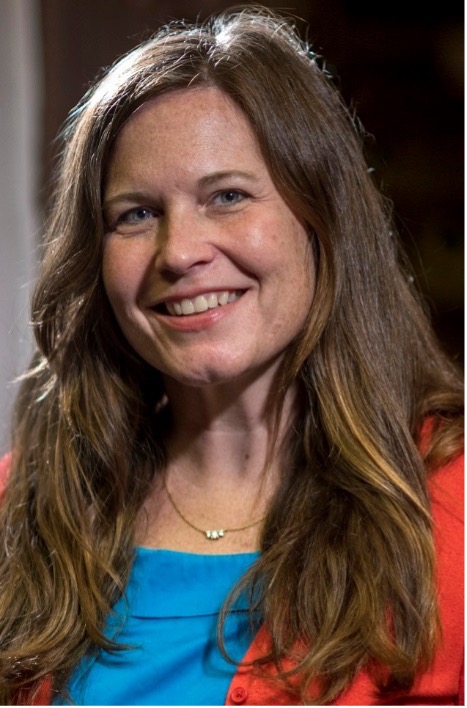
Christy Ledford, PhD
- Professor, Augusta University
Dr. Christy Ledford is a professor in the Department of Family Medicine at the Medical College of Georgia at Augusta University.
Ledford is an acclaimed researcher who brings extensive experience in health and strategic communications to AU Health. Her work in health literacy and clinical communication has been published in several peer-reviewed journals, including "Family Medicine" and the "Journal of Health Communication."
She earned her bachelor's degree in corporate communication from the College of Charleston, a master's degree in technical communication from Colorado State University, a doctoral degree in health and strategic communication from George Mason University, and completed a fellowship in medical journalism with the Society of Teachers of Family Medicine.
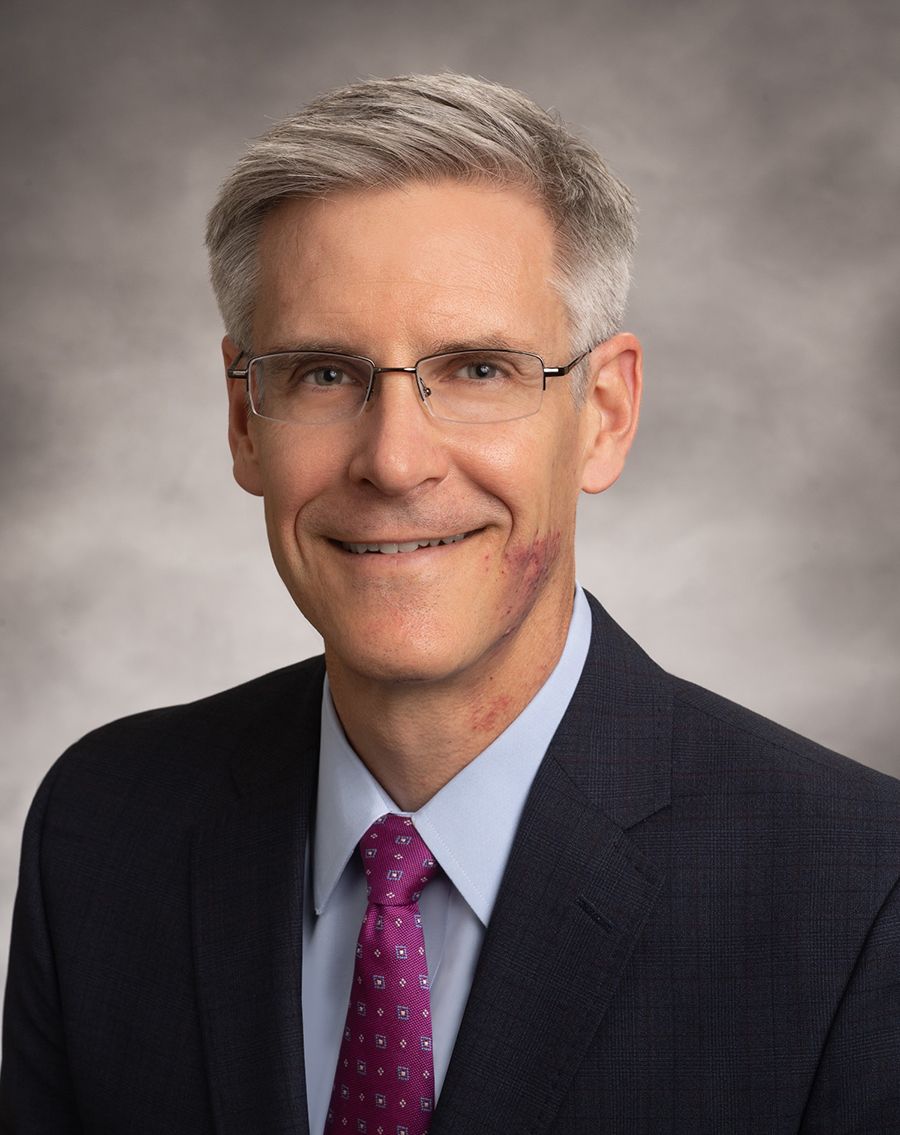
Neal Dickert, MD, PhD
- Associate Professor, Department of Medicine, Emory University
Neal Dickert, MD, PhD, is the Thomas R. Williams Associate Professor of Medicine in the Division of Cardiology at the Emory University School of Medicine. He is a core faculty member in the Emory Clinical Cardiovascular Research Institute, holds a secondary appointment in the Department of Epidemiology at the Rollins School of Public Health, and is a senior faculty fellow at the Emory Center for Ethics. He is the Interim Director of the Emory Health Services Research Center and directs the Network Capacity Core and Recruitment Center of the Georgia Clinical and Translational Science Alliance.
Dr. Dickert is a board-certified cardiologist and attends in the Emory University Hospital Cardiac ICU and inpatient echocardiography lab. His research is focused on ethical issues relevant to cardiology practice and clinical research, and he has received research funding from multiple NIH institutes, the Agency for Healthcare Research and Policy, the Patient-Centered Outcomes Research Institute, the American Heart Association, and the Greenwall Foundation. A major focus of his work is ethical and regulatory aspects of conducting clinical trials, especially in acute care contexts. Dr. Dickert is also interested in and has published work regarding recruitment and consent for clinical research more generally, including the use of incentives and efforts to increase diversity in clinical trials. Dr. Dickert is a past member of the ACC Ethics and Compliance Committee and is a member of multiple Data Safety and Monitoring Committees and the HHS Secretary’s Advisory Committee on Human Research Protections.
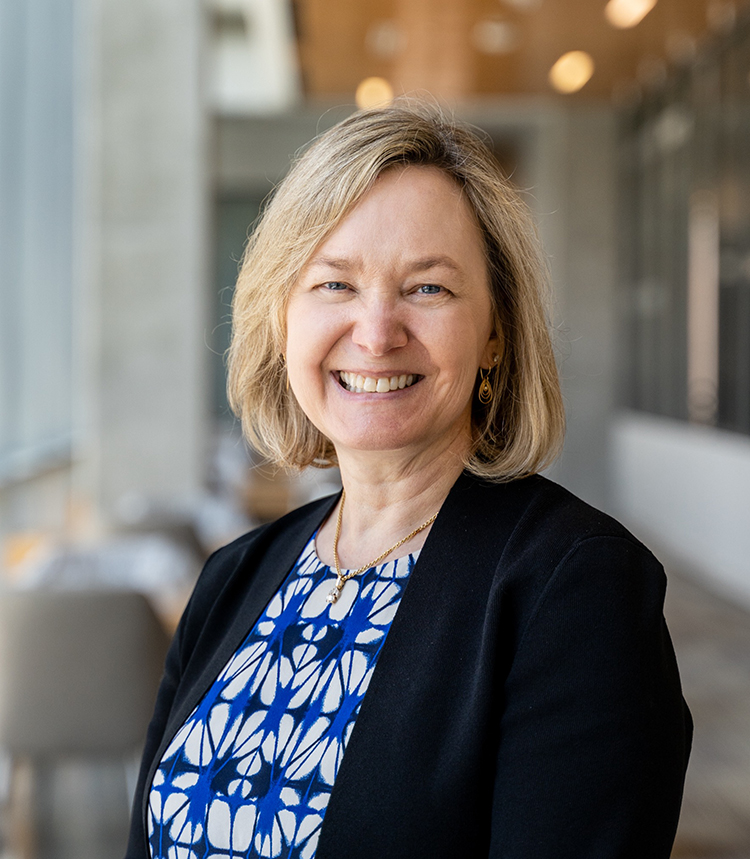
Leslie E. Wolf, MPH, JD
- Ben F. Johnson Jr. Chair in Law, Distinguished University Professor and Professor of Law and Society, Georgia State University
Leslie E. Wolf is the Ben F. Johnson Jr. Chair in Law, Distinguished University Professor, and Director of the Center for Law, Health & Society at Georgia State University’s College of Law, jointly appointed in the School of Public Health, and an adjunct professor in the Department of Family and Community Medicine, Medical College of Georgia at Augusta University. She was on faculty at the University of California, San Francisco from 1998-2007.
Wolf conducts research in a variety of areas in health and public health law and ethics, with a particular focus on research ethics. She previously served on the Secretary’s Advisory Committee on Human Research Protections (SACHRP). She continues to serve on the SACHRP Subcommittee.
She is a graduate of Johns Hopkins School of Public Health, Harvard Law School, and Stanford University. She also was a Greenwall Fellow in Bioethics and Health Policy and a Greenwall Faculty Scholar.
4:30-4:35 pm
Closing Remarks
user icon Michael P. Diamond, MD

Michael P. Diamond, MD
- Senior Vice President for Research, Augusta University
- Professor of Obstetrics and Gynecology